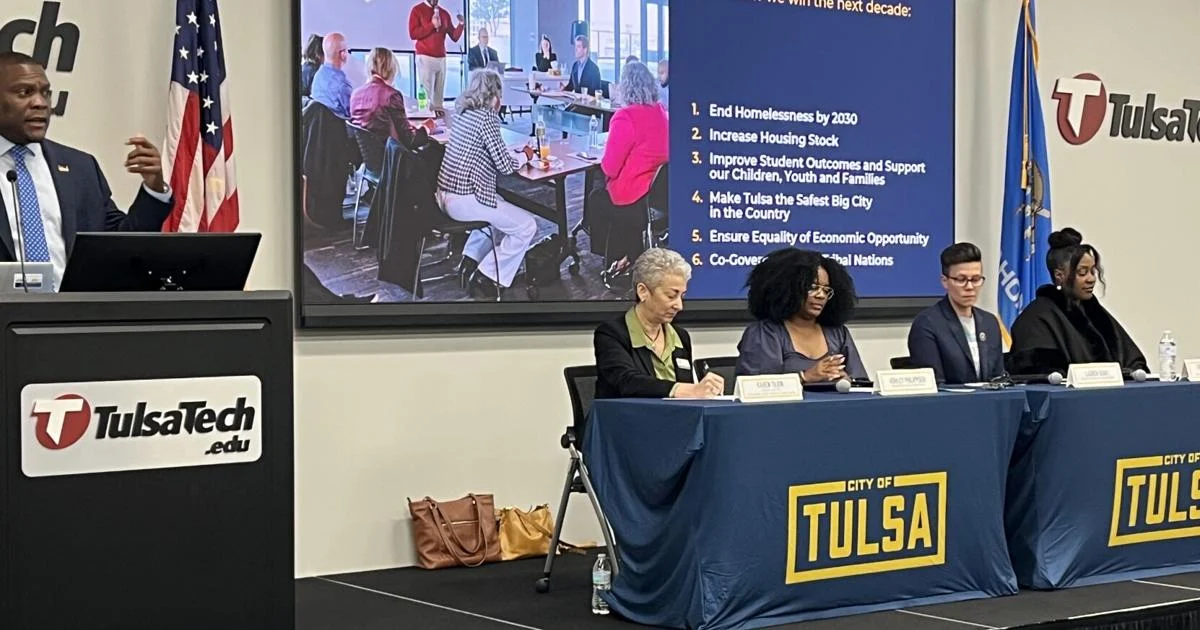Copyright Reading Eagle

For information on submitting an obituary, please contact Reading Eagle by phone at 610-371-5018, or email at obituaries@readingeagle.com or fax at 610-371-5193. Most obituaries published in the Reading Eagle are submitted through funeral homes and cremation services, but we will accept submissions from families. Obituaries can be emailed to obituaries@readingeagle.com. In addition to the text of the obituary, any photographs that you wish to include can be attached to this email. Please put the text of the obituary in a Word document, a Google document or in the body of the email. The Reading Eagle also requires a way to verify the death, so please include either the phone number of the funeral home or cremation service that is in charge of the deceased's care or a photo of his/her death certificate. We also request that your full name, phone number and address are all included in this email. All payments by families must be made with a credit card. We will send a proof of the completed obituary before we require payment. The obituary cannot run, however, until we receive payment in full. Obituaries can be submitted for any future date, but they must be received no later than 3:00 p.m. the day prior to its running for it to be published. Please call the obituary desk, at 610-371-5018, for information on pricing. A majority of Pennsylvanians feel democracy is not working for them according to a recent Franklin & Marshall College poll, even as they retain a belief in some core principles of our republic — the right to speak freely without fearing government reprisals, the presumption of innocence in civil or criminal trials, among others. So why do so many feel the government is not working for them? Some reasons are obvious: political infighting that often leads to government shutdowns, little workable consensus about how to fix problems, polarized media that focus on differences rather than commonsense solutions and putting partisan platforms before public good. I see a prevalent, pervasive condition that jeopardizes our seemingly inability to govern ourselves — we simply are failing to adhere to some of the more important principles of our Constitution, most clearly the requirement of balancing the powers of governmental branches that restrain the worst impulses of any one branch. Our Constitution describes three governmental branches, each with distinct roles but none dominating the others. The three branches are the legislative, the judicial and the executive. I’m certainly not a legal scholar, and I’ve never been to law school. I’m just a citizen trying to fulfill my basic responsibility of paying attention to what our government is doing or not doing when measured by what its role and duties are. I am struck by one reoccurring theme in our Constitution — the framers’ desire to create a balance of power among the three governmental branches in order to protect individual rights against the government itself. Having broken away from a king, the founders were especially sensitive to avoiding vesting too much power in a single person or group. Our first President, George Washington, in his farewell address warned us about an unscrupulous leader assuming too much power, of the American government getting entangled in foreign affairs and about politicians putting regional or party politics above the welfare of the people. Over our history this balance of power has been retained, but not always evenly. What I see these days is a new imbalance in which the executive branch has been given great power by the judiciary, creating the very king-like power we resisted early on which eventually let to the creation of our republic. So how did we get to where we seem to be today, with one branch of government having so much power, and the balance so uneven? I trace this development to a 2024 landmark U.S. Supreme Court, in which the majority of justices ruled that the president is immune from prosecution on “official acts” of his office, such as the pardon, command of the military, execution of laws, or control of the executive branch. Since that court decision, the president has assumed more power to act without fear of legal repercussions. Common sense suggests a significant shift in the balance of power from the legislative and legal branches of our government to the executive. Perhaps that change was done to improve how the government makes and implements decisions, but it comes with potentially dire consequences for the principle that no person is above the law. When that principle is undermined, democracy itself is eroded, leading to king-like power in the hands of one person; hardly what the founders desired. Michael Waldman, president and CEO of the NYU School of Law’s Brennan Center for Justice, suggests that the decision regarding executive power has moved us dangerously closer to giving king-like power to one person. He writes: “The founders said repeatedly that presidents have no special immunity. After all, that was one of the very things about the British monarchy that they hated and against which they rebelled.” Slipping into authoritarian rule doesn’t happen all at once but slowly, step by step, as the hard-won freedoms of a democracy slip. This includes the freedoms outlined in the First Amendment to the U.S. Constitution — the rights of free speech, assembly, religion, the press and the freedom to petition the government to redress grievances. The words attributed to Benjamin Franklin return today when he supposedly responded to someone who asked him what had been accomplished — a monarchy or republic — and he reportedly replied “a republic, if you can keep it.” As we near the 250th birthday of our nation, perhaps we need to answer this question once again—what kind of country do we want to live in? John C. Morgan is an author and teacher whose columns deal with personal and societal issues.



